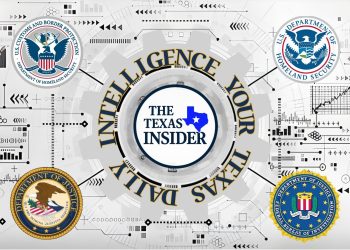Texas lawmakers are advancing legislation to address the growing threat of AI-generated child pornography, a troubling development in digital technology. Senate Bill 20, approved unanimously in the Senate, would make it illegal to possess or share obscene images — even if no real child was involved — if the material visually appears to depict a minor.
The bill targets realistic content created with artificial intelligence, animation, or deepfake tools. Lawmakers say existing laws don’t clearly cover such computer-generated material, leaving a gap as technology advances rapidly.
Violations would be punishable by up to two years in jail and a $10,000 fine, with harsher penalties for repeat offenses. Another bill, SB 1621, expands the legal definition of child pornography to include digitally created depictions of children and strengthens penalties when real children under age 10 are involved.
Supporters of the legislation say the material is becoming alarmingly common online and often targets school-aged children. A recent report found that nearly half of explicit deepfake content on the internet in 2023 featured minors.
Additional House bills would allow victims of AI-generated abuse to sue, and require companies that host such content to set age restrictions. Lawmakers say these steps are needed now to prevent lasting harm to children and hold those responsible accountable.




